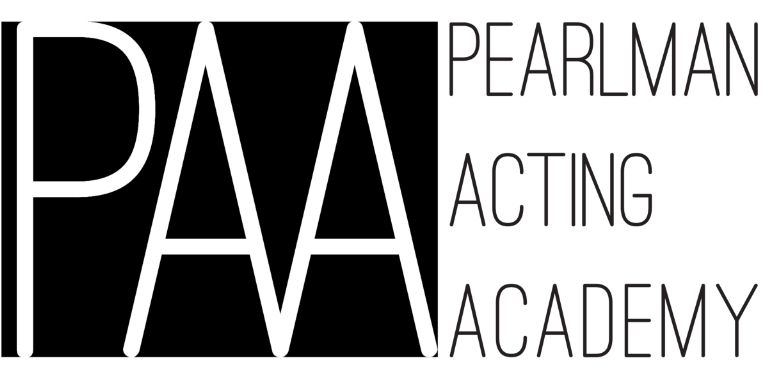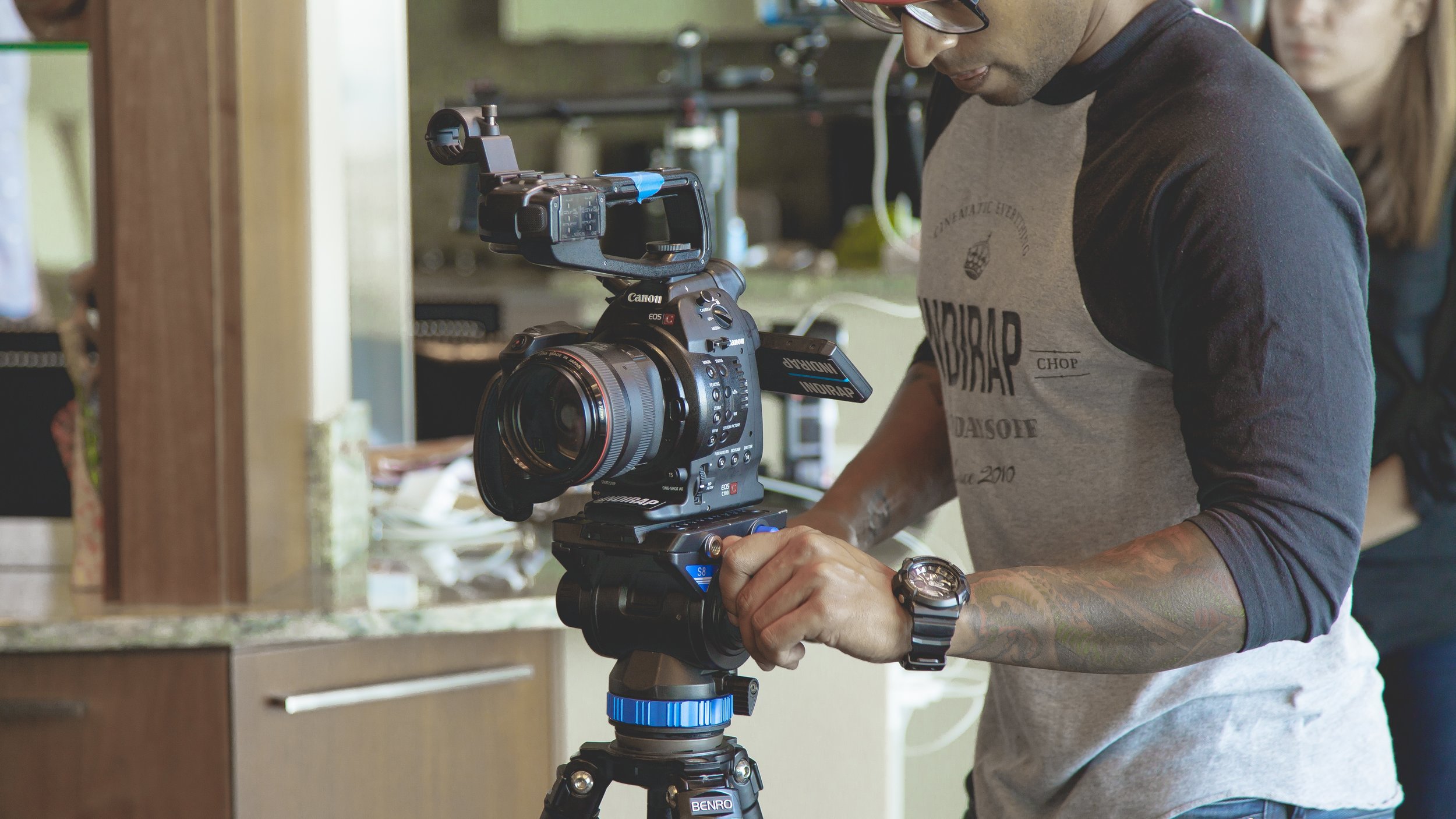For years, I’ve helped actors hone the ability to walk on set, enter the audition room or agent meeting with unshakable charismatic confidence and guarantee one of these three winning results:
1. Booking the Role/Getting Signed
You delivered a fantastic performance, took risks, entered emotionally full and you landed the role. Likewise, the agent or manager has offered you a spot on their roster. Three cheers.
2. Getting Called Back/Additional Meetings
You have done your job as an actor and have received a callback, producer’s session, or chemistry read; you are in definite competition for the role. Similarly, in a meeting with potential reps, they’ve asked to see you again or asked for more materials—additional clips, reels or pictures, because you are still under consideration. Nice.
Just because you don’t book or don’t get called back doesn’t mean you haven’t succeeded. There’s a final scenario that’s just as awesome.
3. Booking the Room
This is when you’ve walked into the audition room or meeting with captivating self-assurance, delivered a fantastic performance, but you’re just not the right fit to proceed further—for reasons beyond your control. Maybe they wanted someone “weird like Zooey Deschanel” and you’re more “weird like Ellen Page.” Maybe they wanted “nerdy like Thomas Middleditch” and you’re more “nerdy like Matthew Gray Gubler.” When you book the room, your performance is so damn good, you stay in the heads of casting or the producers long after you’re gone. This can result in your reps getting great feedback, or later on they decide to bring you back for another role. Likewise, in meetings with reps, they might already have clients who already have your look or vibe. In this case, these reps are being responsible by not over-crowding their client lists. But agency rosters change with the ebb and flow of the tides, so definitely follow up in six months, as there might be an opening.
However, if you’re not consistently reaping one of these three scenarios every single time you audition or take a meeting, you may be sabotaging yourself by projecting some form of desperation, perhaps subliminally. Desperation is life’s cyanide. It will poison and downright undermine everything you want to achieve—from getting the job to getting a date. Desperation is toxic and so repellant to people because it means you’re acting from places of weakness—lack of confidence in yourself, your abilities, and the future. In Hollywood, many can sniff out even the faintest whiff of desperation and no one wants to get near it.
Here are three simple time-tested ways to instantly burn through the fog of desperation every time you walk into a room.
Get over yourself
Desperation actually does come from a place of ego, and an unhealthy scrutiny of oneself. Getting over yourself means taking the “I” out of the scenario. It starts by owning the attitude, "It ain't about me; it's about how I can better serve this project/opportunity/company." Releasing yourself from the notion that you are the main event can be liberating, as it forces you to focus on the great film, episode, or play that all involved parties are trying to create. This also frees you from any notion of personal rejection.
Don't get attached to the outcome
Not being consumed by the desired outcome of any scenario eliminates self-consciousness. You will rarely be disappointed if you stop getting attached to an idea of "how it should go" according to you. When you let go of your expectations about how a specific scenario is going to play out, you instantly free yourself from its outcome. This liberating freedom lays the groundwork for you to radiate infectious charismatic confidence that will consistently trigger an enthusiastic "WOW!" from production and casting.
Getting "wrapped up" in the potential success or failure of any endeavor is when desperation will often shut you down, and out of contention, within seconds.
Get lit up!
I help actors figure out what is uniquely fun and exciting to THEM about what they're preparing for—what lights their inner fire. My clients learn how to energize real and heightened emotional attitudes within their bodies which translates to an infectious confidence and commitment—regardless of whether they are staring down a casting director or new agent. The result is passion and confidence so compelling that they book more roles and launch their careers faster. Best of all, I show them how to activate and deploy this awesome ability within seconds, whenever they need it.
With the stakes as high as they are in show business, it’s only natural to feel desperate at times. The key is to be proactive in strategically annihilating it from impacting your auditions and meetings, even on the most subliminal level.
This article was originally published on Backstage






